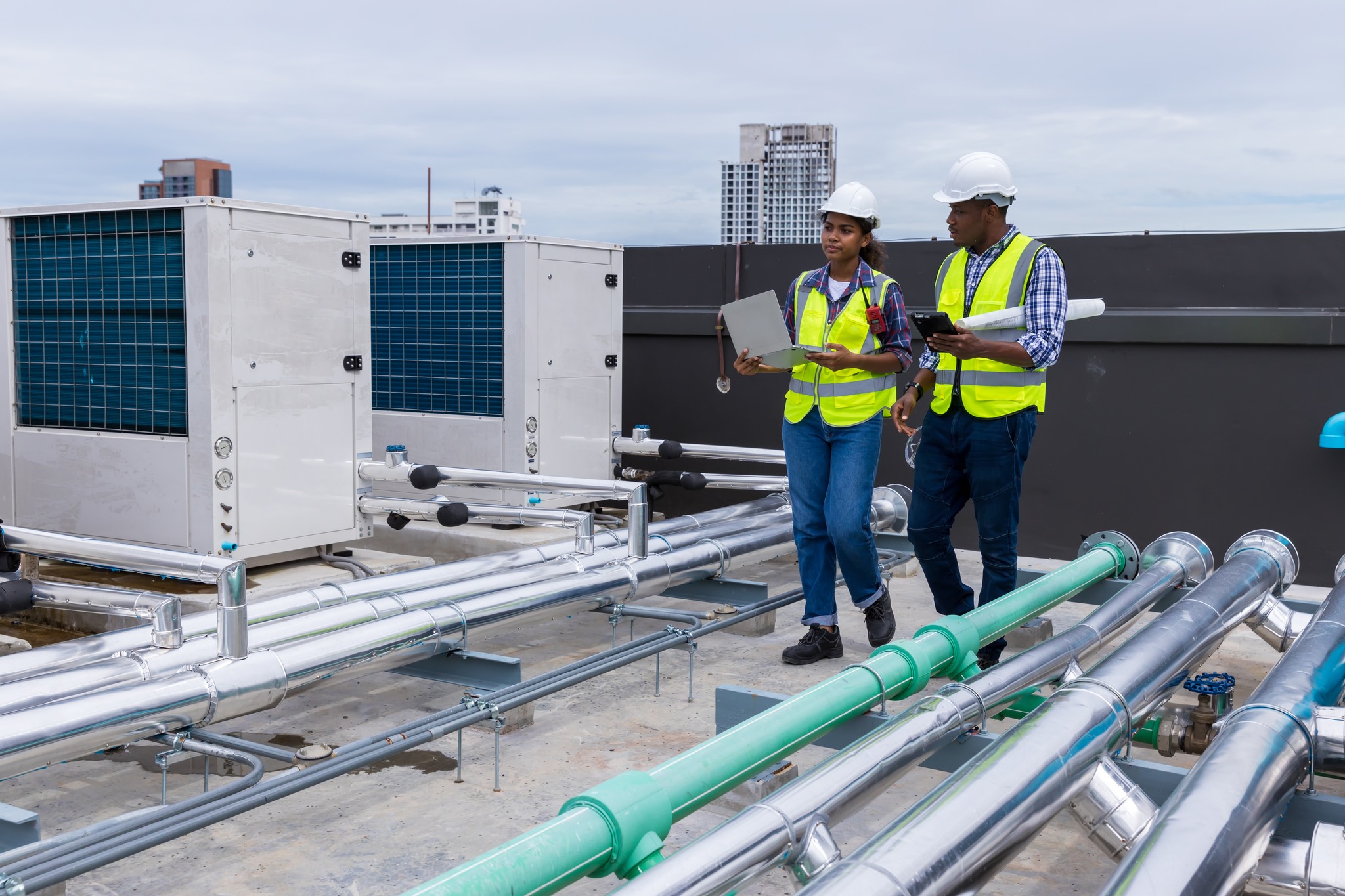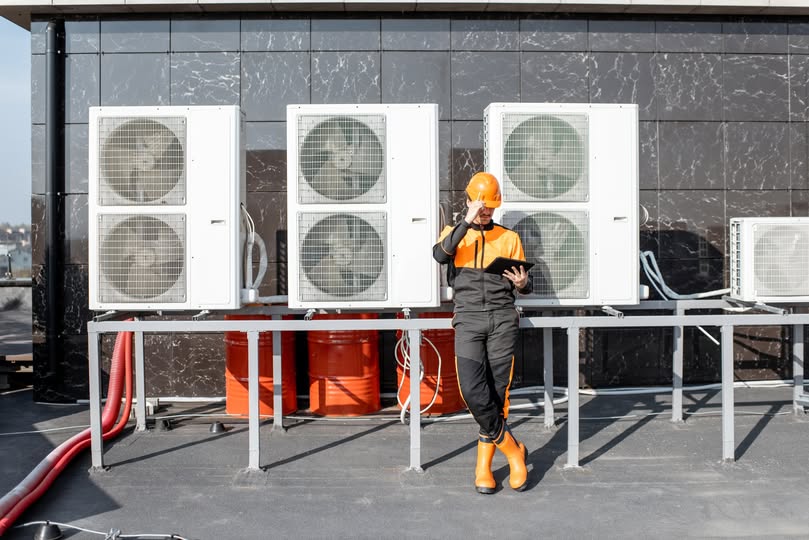HVAC systems play a crucial role in creating and maintaining optimal conditions for home brewing setups, ensuring the success and consistency of craft beer and wine production. Temperature, humidity, and air quality control are paramount in the brewing process, and HVAC systems provide the necessary infrastructure to achieve these conditions.
Temperature regulation is fundamental in brewing, as different stages of fermentation require specific temperature ranges to produce desired flavors and characteristics. HVAC systems equipped with programmable thermostats can maintain precise temperatures throughout the brewing area, preventing fluctuations that could compromise the quality of the brew.
Moreover, controlling humidity levels is essential to prevent mold growth and maintain the integrity of brewing ingredients. Excessive humidity can lead to moisture buildup, which is detrimental to both the brewing environment and the final product. HVAC systems with integrated dehumidifiers help manage humidity levels, ensuring a dry and stable environment conducive to brewing.
Furthermore, maintaining proper air quality is crucial for successful brewing. Contaminants such as dust, pollen, and airborne microbes can negatively impact the fermentation process and affect the taste of the beer or wine. HVAC systems equipped with high-quality air filters effectively remove these contaminants, creating a clean and sanitary brewing environment.
Professional HVAC contractors like A-Plus Quality understand the unique requirements of home brewing setups and offer tailored solutions to meet these needs. From selecting and installing HVAC equipment to providing ongoing maintenance and support, they ensure optimal conditions for brewing enthusiasts to pursue their craft with confidence.
In conclusion, HVAC systems are indispensable assets for home brewers, providing the necessary control over temperature, humidity, and air quality to produce high-quality beer and wine consistently. By partnering with knowledgeable HVAC professionals, brewing enthusiasts can create the ideal environment for their craft and achieve exceptional results.



